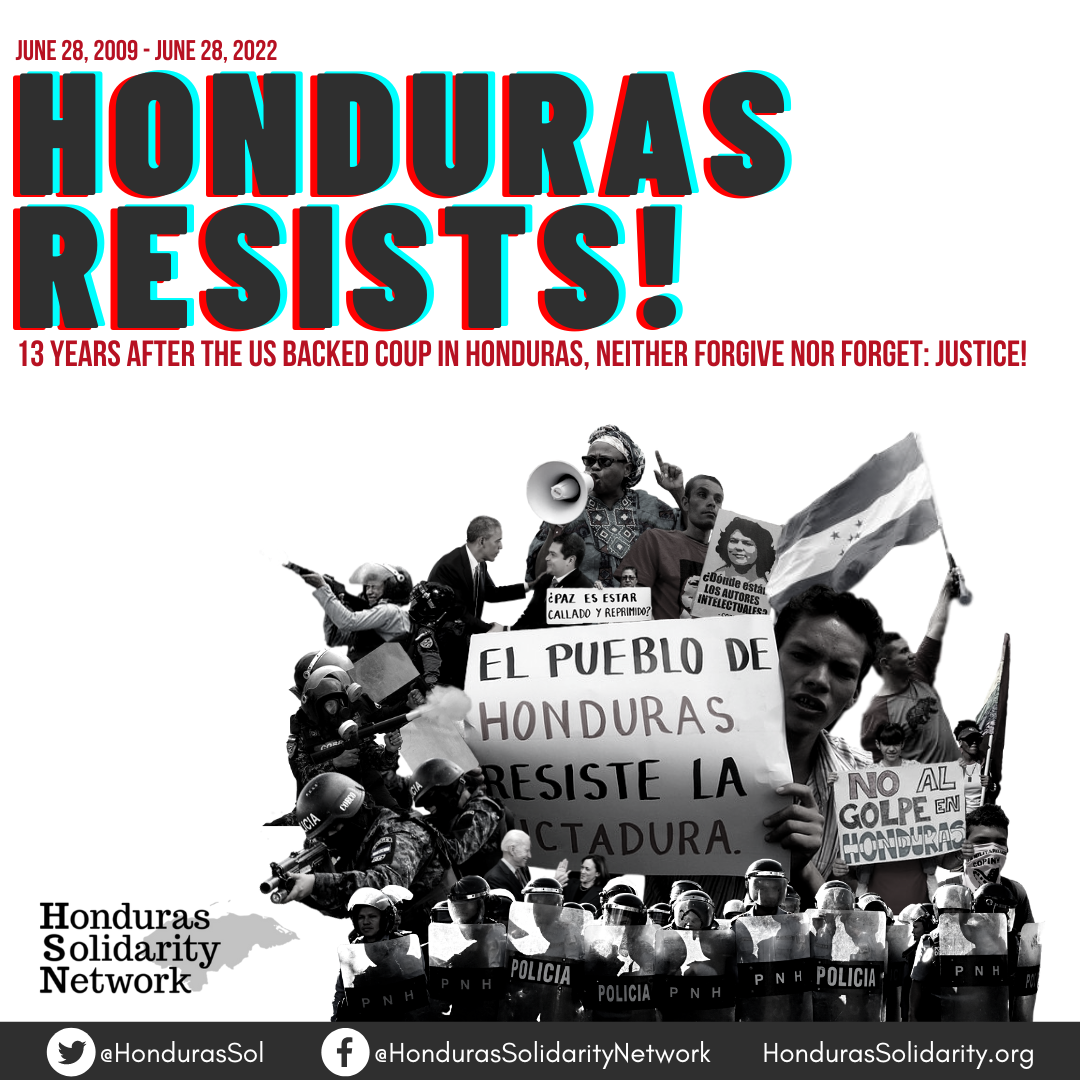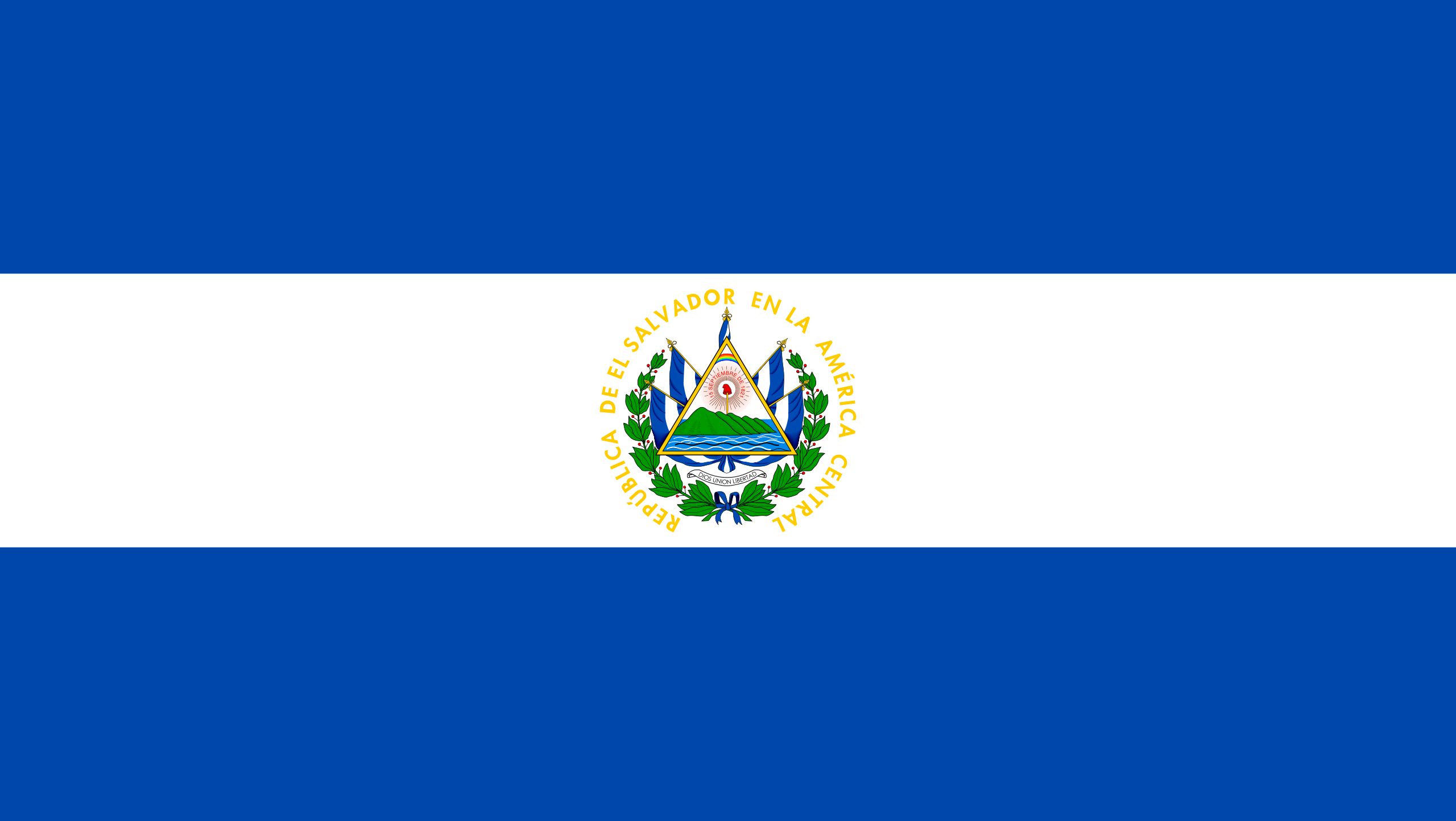El Salvador has been in a state of exception for almost a year now. Since its implementation in March 2022, the government of President Nayib Bukele has massively cut civil rights. The policy allows security forces to arrest any individual without a warrant. Furthermore, the state of exception provides the government with full access to all private communications and severely weakens the right to legal defense in court.
So far around 64,000 individuals have been arrested under the state of exception, leading to nearly 2% of the Salvadoran population being behind bars. With that El Salvador is now the country with the highest prison population in relation to national population, even surpassing that of the United States. Asked about the future plans to end the state of exception, the Salvadoran Security Minister Gustavo Villatoro stated that it will stay active until every criminal is captured. He estimated that 10,000 more arrests will have to be made in order to reach that goal. Furthermore, Villatoro declared that the Salvadoran border security forces will cooperate with Mexico, Guatemala and the United States to prevent any potential criminal from leaving the country as well as finding an unspecified number of gang members who already left the country.
But the strategy seems to be effective. Official government statistics show that the amount of homicides has more than halved since the beginning of the state of exception and the crackdown on gangs. While in the year prior to the state of exception 1,147 killings were recorded, in 2022 the number fell to 495. But it is very unlikely that these numbers accurately reflect the situation in the country, as killings by security forces are excluded from the statistics and many murders are never recorded. Furthermore, extortions, one of core activities of Salvadoran gangs has fallen immensely.
So far the state of exception seems to have lowered violence in El Salvador, an effect that is reflected by the popularity the strategy has in the population. Surveys indicate that 92% of Salvadorans support the hard crackdown. Citizens stated that the act has allowed them to let their kids play on the streets, take walks and go shopping without fear. Further support comes from local business owners who were forced to pay "protection money" to gangs for years. And while the crackdown strategy gained popularity within the country, surrounding nations took notice. Honduras implemented a softer version of the crackdown strategy in December, and El Salvador has offered help Haiti in their struggle against organized crime.
But with the authoritarian strongman strategy in the name of national security comes a number of oppressive policies and a strong centralization of power towards President Bukele. During the state of exception, the anti-corruption legal body has been devolved and Bukele has stacked the highest court with loyalists. This strategic move did not only enable Bukele to be reelected but also allowed a law to be passed which prohibits journalists from writing about gangs in general. Besides the legal steps, Bukele has built up a network of paid trolls and loyalist fans to defend and support his policies online, as well as harassing and attacking his opposition and human rights defenders.
Human Rights Watch and other human rights organization stand in strong opposition to Bukele's state of exception. So far, massive human rights violations have been reported, like violations in criminal processes, mass traias and minors being kept in overcrowded prisons.
The Salvadoran government denies all accusations of rights violations besides those allowed under the state of exception and Security Minister Gustavo Villatoro stated, "It doesn't interest us to convict anyone unjustly."
It is yet to be seen how long the Salvadoran government will hold up the state of exception and how long civilians are willing to give up rights in return for safer streets. Especially Bukele's centralization efforts, matched with the human rights violations, is most concerning, as it could lead to another oppressive, one man dictatorship in Central America.





